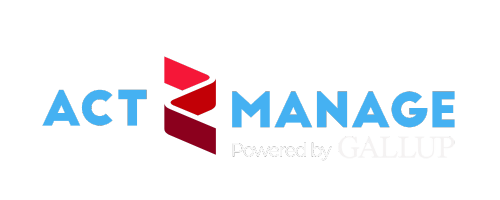Things do not materialize, despite the fact that the manager had clearly explained in an email message whatever he wanted.
Recently a middle manager told me that his colleagues across the organization don’t pay sufficient attention to one of his projects. As he is not the direct boss of any of them, he feels that he has no power to influence their attitude or behaviour. I asked how he had communicated with them so far. It turned out that he had sent out a long explanatory email and informed their line managers of his project. Well, I told him, this is not too much. On one hand, people get tons of emails a day, on the other hand, they tend to skip the long ones. Line managers may or may not share the information they had been provided. Some regard your project as a priority, some don’t.
He didn’t need any more questions from my side to conclude: “Should I talk to the directly?” “Well, that would probably help” – I replied.
When we need someone to cooperate on an important task that requires significant effort, it is worth investing more energy into communication than just sending a single email. The best option is talking to them in person, but if it is not feasible, a phone or Skype call will do. It is far more likely to get things done if our partners understand the “why”: the background and importance of the task at hand. Verbal communication makes it possible to ask questions and clarification, sharing dilemmas and issues. It is very useful to understand these at the outset, instead of trying to figure out why things never got done after the missed deadline. In case of longer projects, it makes a lot of sense to do follow-up communication to see how things are proceeding and if any assistance is necessary from your side.
You will experience that investing more attention and action into communication with your partners always pays off.
Act2Manage Application
An interactive, gamification-based, practice-oriented leadership development application that provides immediate help and enables follow-up to the most common dilemmas.







